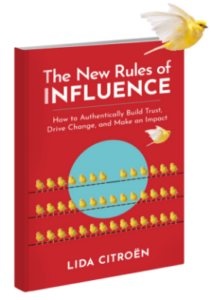Does bad corporate news always equal career suicide? Said differently: If the company you work for gets into questionable business, is your reputation also in question? I would say the answer is ‘no,’ but I do see it getting increasingly harder to defend that position based on the role you have. As companies make headlines for missteps, I see it becoming harder to delineate where the corporate and personal brand separate.

We need only look at Facebook with its recent data scandal, Uber with the world’s first driver-less car fatality, and United Airlines with its forcibly removed passenger incident for recent examples. Like it or not, even if you’re a front desk receptionist, there is an implication that you’re somehow complicit in the company’s behavior. Here are some ways to avoid corporate bad news torpedoing your reputation and career:
- Ask yourself how confident you feel defending your company. If you don’t feel comfortable, perhaps that discomfort indicates your values and reputation aren’t aligned with your employer. One of my clients worked for a company caught up in a huge scandal. While she loved the people she worked with and defended her employer (online and in person) to others, over time as the news spread, she felt exhausted with explaining. Ultimately, she left the company to preserve her own brand.
- Take a non-emotional look at the possible negative impact on your long-term reputation. Ask yourself whether you see a potential long-term negative impact from associating with this employer. Many of the thousands of employees who moved on from Enron struggled with whether or not to remove the company from their resume because they didn’t want to put something so negative on their CV. Might you feel this way about your employer, too?
- Add back in the emotion and consider when you look at your own personal legacy—how you want others to remember you—does your work at this company enhance or detract from that legacy? When examining this point, context also comes into play. For instance, you might work for a company unfairly targeted because of the actions of a couple of rogue employees. The scandal plaguing your company might become short-term with no impact to your ultimate legacy.Or, what if your company is long known for discriminating against a certain population and your personal reputation goals include others viewing you as inclusive and non-discriminating?
In this case, working for a company with that reputation could prevent others from seeing you favorably (guilt by association.)
- Be willing to reassess. If the bad news increases or lasts longer than you’d hoped (as in the case of Enron and in the case of my earlier mentioned client) revisit the three earlier points.
Remember, companies have protocols and resources to manage their reputation (think crisis communications teams). You should think the same way: Your reputation is what people base their trust in you on. As an individual, guard that perception.


